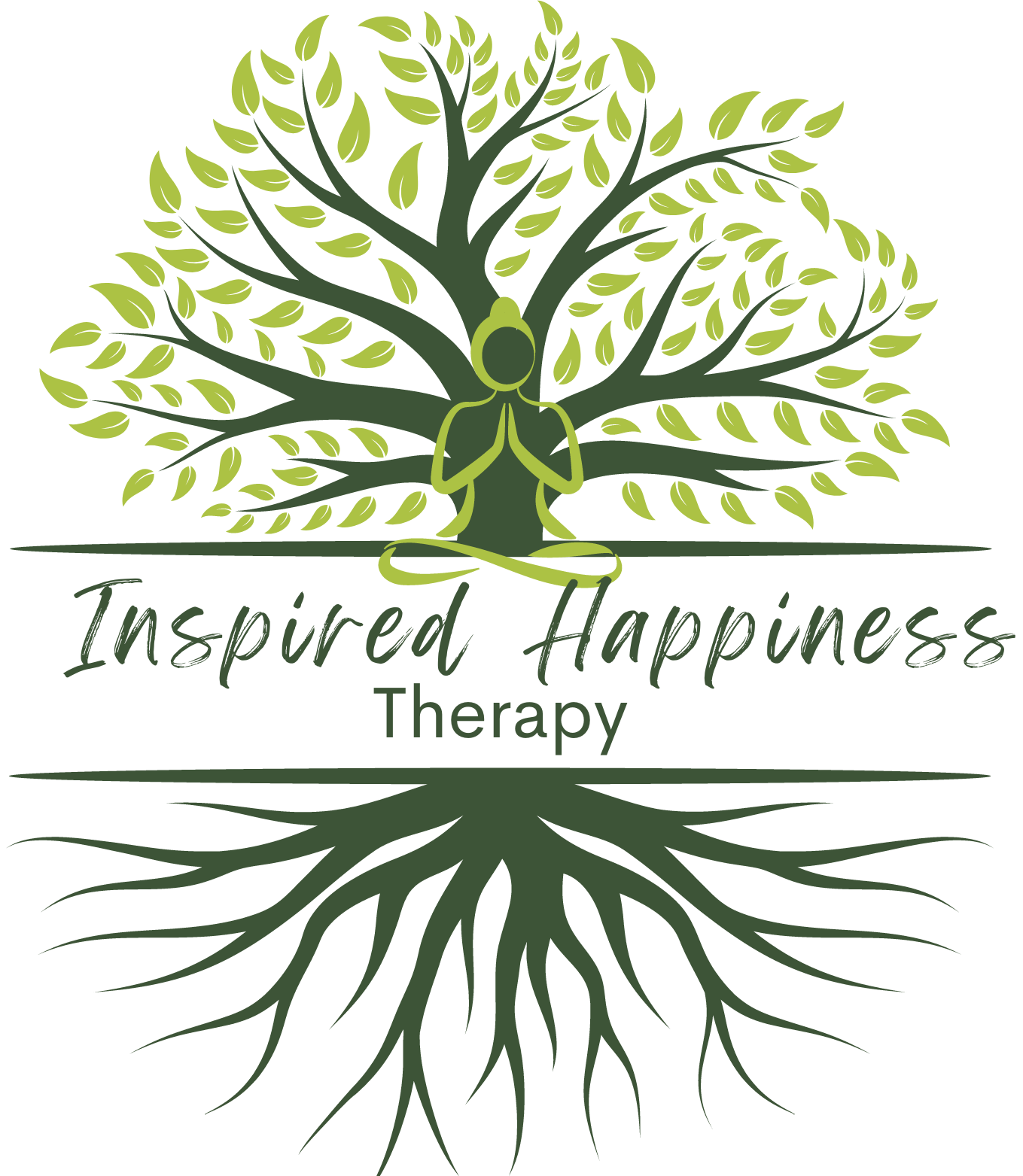Therapy with Stacey
There are many different reasons that my clients decide to begin therapy. For some, they are coming back to therapy after years of doing well. For others, this might be the first time they have ever called a mental health professional. Either way, you have taken the first step on a new path!
Types of Therapy Offered
Like most modern therapists, I utilize a variety of therapy modalities and styles depending on the client. Most of my work is mindfulness based and cognitive behavioral therapy informed. Behavioral therapy is not appropriate for people with ADHD or autism however, so I approach every client as the unique person they are. No “one size fits all” therapy will be as successful as an eclectic approach based on you!
I do have some specialized training in several different modalities including:
- Internal Family Systems (IFS)
- EMDR (eye movement desensitization and reprocessing)
- Dialetical Behavioral Therapy (DBT) and Neurodivergent affirming DBT
You can learn more about these types of therapy below.


I offer therapy & counseling for adults and for adolescents age 16 and older.

Let’s work through whatever is holding you back. It’s time for you to get inspired to create the life you want to live!

Internal Family Systems (IFS)
Internal Family Systems, also known as IFS, is a type of therapy based on the idea that we are made up of different parts. Sometimes those parts work against you and IFS helps to integrate the parts so that they can begin to work together. At some point in your life you have probably said something like: “A part of me feels like…” or “a part of me wants to…” and that is the basis of parts work.
Dr. Richard Schwartz, the creator of IFS described it as: “In IFS, the mind is considered to be naturally made up of multiple sub-personalities or families within each individual’s mental system. These sub-personalities take on different roles, such as an inner critic or inner child, and consist of wounded parts and painful feelings like anger and shame.
IFS is a relatively new therapy compared to some that you might be more familiar with but it is evidence-based. The National Registry of Evidence-Based Practices and Programs recognized IFS as evidence based in 2015. It also found that IFS is effective for clients experiencing anxiety, depression, issues with self-concept, and physical health conditions.
IFS is often used in collaboration with EMDR therapy. See below for more about EMDR.
EMDR
(Eye Movement Desensitization and Reprocessing)
EMDR, which stands for Eye Movement Desensitization and Reprocessing is unique, in that it does not require talking in detail about the distressing memories or traumatic experiences. Rather than focusing on changing the emotions, thoughts, or behaviors as therapies like Cognitive Behavioral Therapy do, EMDR allows the brain to heal in way that it natural to it. EMDR is designed to resolve unprocessed traumatic memories in the brain without re-traumatizing the client.
“EMDR is an extensively researched, effective psychotherapy method proven to help people recover from trauma and other distressing life experiences, including PTSD, anxiety, depression, and panic disorders.”
– EMDR International Association (EMDRIA)
A 2014 review of 24 studies suggested “EMDR can help relieve emotional distress after adverse experiences; may work more quickly and effectively than trauma-focused cognitive behavioral therapy (CBT); and may help ease somatic symptoms, like pain or muscle tension.”
EMDR can be done both in the office and via telehealth using visual prompts (both), auditory prompts (online), and/or hand-held tappers (office).


Dialectical Behavioral Therapy (DBT)
Dialectical Behavioral Therapy (DBT) was developed in 1980 by Dr. Marsha Linehan. Initially DBT was created to more effectively treat Borderline Personality Disorder but since its inception it has been clinically proven to treat depression, drug and alcohol problems, and post-traumatic stress disorder (PTSD). It has shown to be effective with traumatic brain injuries, binge-eating disorder, survivors of sexual abuse, and other mood disorders! It also successfully treats specific symptoms and behaviors associated with spectrum mood disorders, including self-injury. [Citations 6-13] DBT is essentially a fusion of traditional Cognitive Behavioral therapy, mindfulness, and skill building. DBT focuses on building and strengthening emotional regulation skills, interpersonal effectiveness, and distress tolerance.
What is the difference between “emotional sensitivity” “highly sensitive person” and “Borderline Personality Disorder (BPD)?”
These terms are often used interchangeably and can overlap. I have met and worked with people who are highly sensitive or have extreme emotions but who do not meet the criteria for BPD. Some people who have been diagnosed as having BPD actually have Complex Post Traumatic Stress Disorder (C-PTSD.) Others are tested and diagnosed as having ADHD or as level one autistic. Neurodivergent affirming DBT is possible, with professionals who understand autism and ADHD.
Whether you are someone that has intense emotions, is extremely sensitive, or has difficulty controlling your emotions, DBT can make your daily life much easier.
DBT “Lite”
Please note that I offer what I refer to as DBT “lite.” DBT, as Dr. Linehan developed it, has 3 parts – individual therapy, skill building groups, and phone coaching. Currently, I am not able to offer groups or phone coaching. Please contact me for more information about where you can find classic DBT treatment.
Are you ready to take the next step toward
the life you want to live?

